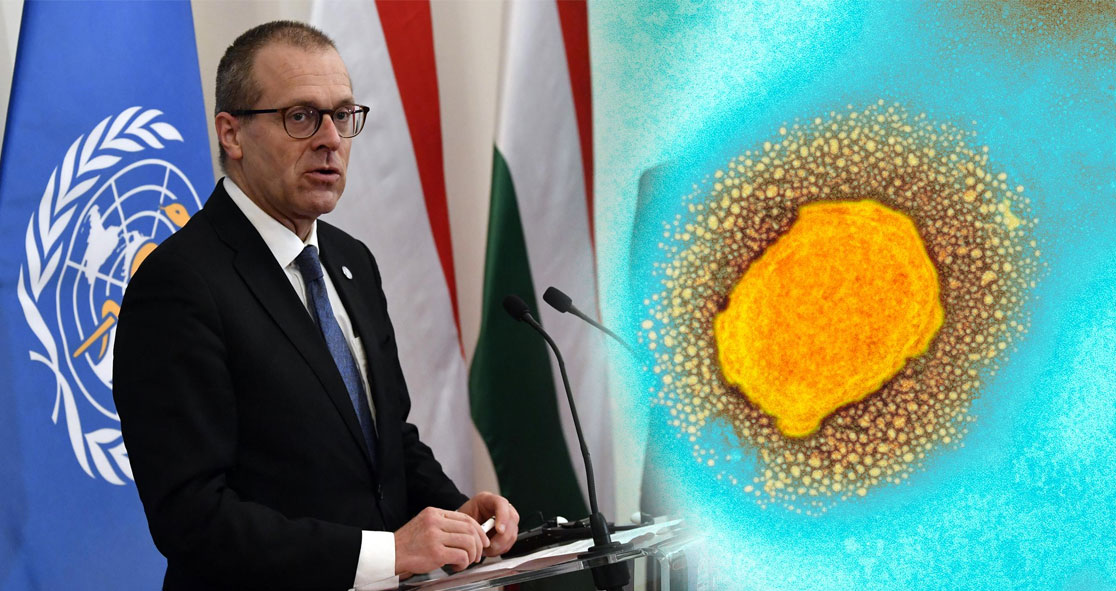A top European health official associated with the World Health Organization (WHO) has warned that monkeypox could accelerate in the coming months, according to The Guardian.
Dr. Hans Kluge, WHO Regional Director for Europe, said, “As we enter the summer season … with mass gatherings, festivals, and parties, I am concerned that transmission could accelerate.”
Monkeypox cases are spreading across the Europe, including Sweden and Portugal. The virus causes distinctive pustules but is rarely fatal. There have been cases reported in central and west Africa, the United States, Canada, and Australia. Dr. Kluge said the spreading of monkeypox is “atypical.”
He said, “All but one of the recent cases have no relevant travel history to areas where monkeypox is endemic,” adding that transmission could be boosted because “the cases currently being detected are among those engaging in sexual activity,” and many do not recognize the symptoms.
Initial cases of monkeypox have been reported in men who have sex with men and sought treatment at sexual health clinics, noted Dr. Kluge, adding “this suggests that transmission may have been ongoing for some time.”
On Friday, UK health officials reported more than 10 confirmed cases in England, taking its overall figure to 20.
Dr. Susan Hopkins, Chief Medical Advisor Transition Lead, UK Health Security Agency (UKHSA), said she expected “this increase to continue in the coming days and for more cases to be identified in the wider community.”
She has urged gay and bisexual men to notice any symptoms of monkeypox, stating a “notable proportion” of cases in Europe came from this group.
Monkeypox symptoms include fever, chills, myalgia (muscle aches), swollen lymph nodes, exhaustion, fatigue, and skin rash on the face and hands.
The UKHSA said the virus had not previously been described as a sexually transmitted infection. It is highly transmissible through close contact with skin lesions and droplets of a contaminated person.
Reassuring the public, Sajid Javid, Secretary of State for Health and Social Care, tweeted, “Most cases are mild and I can confirm we have procured further doses of vaccines that are effective against monkeypox.”
On May 7, the UK health officials reported the first case in a patient who had recently traveled to Nigeria. A week later, two more cases were reported in people in the same household. However, the two cases were not linked to the first case.
Earlier this week, Italian health officials announced the country’s first case of monkeypox, in a young man who recently returned from the Canary Islands. The WHO said monkeypox is a self-limiting disease and usually clears up after two to four weeks.























